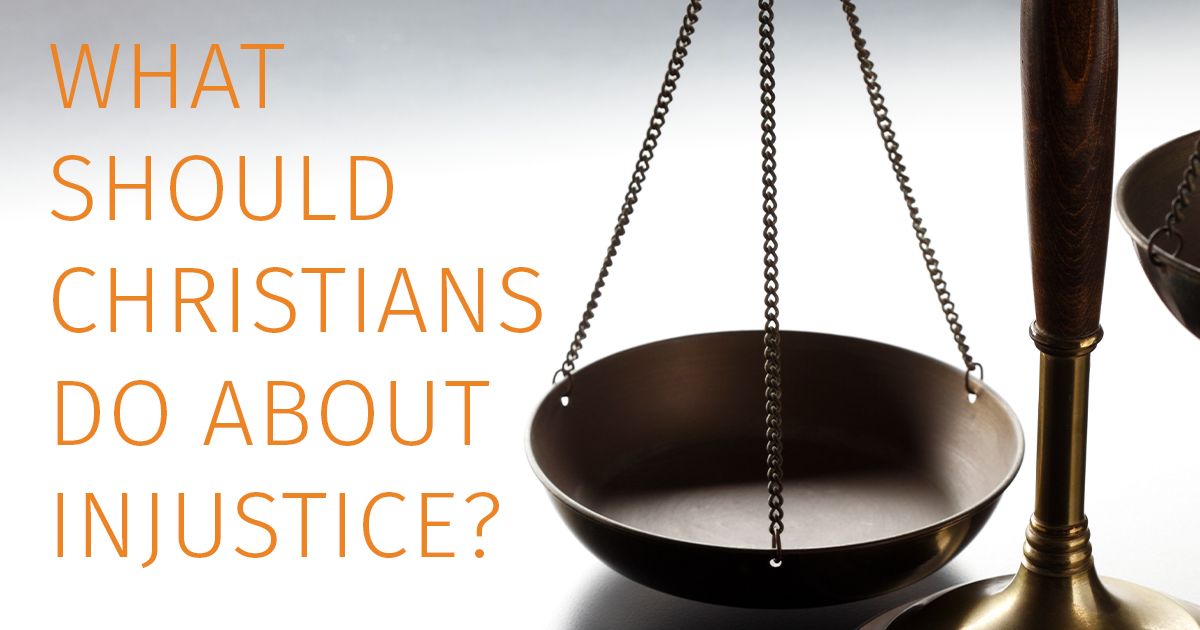Christian ethics is never only about belief. It is about how belief shapes the way we live in the world. From the prophets of Israel to the teaching of Jesus, the message is unmistakable. Faith that does not act for others is not faith at all.
Across Scripture, God reveals His concern for justice, mercy, and righteousness. He commands His people to defend the poor, to protect the vulnerable, and to walk humbly before Him. These are not optional extras to faith; they are the measure of it.
For the African Church, this call has particular weight. Our continent bears the marks of poverty, corruption, and inequality. Yet it also holds rich traditions of community, generosity, and moral strength. The Christian vision of social justice speaks to both the wounds and the wisdom of our societies. It affirms God’s compassion for the suffering and His demand that His people work for transformation.
The Biblical Vision of Justice
Justice in Scripture is not an abstract idea. It is a reflection of God’s own nature. The Hebrew prophets spoke of justice and righteousness as the foundation of a life rightly ordered before God and neighbour. They condemned those who used power for personal gain and ignored the cries of the poor.
Amos called for justice to roll down like a river. Micah told the people that the Lord requires them to act justly, love mercy, and walk humbly. Jesus continued this same vision. He brought good news to the poor, freedom for the captives, and hope for the oppressed.
Christian ethics therefore cannot be reduced to private morality. The Gospel is not only about personal salvation. It is about restored relationships, renewed communities, and a world in which God’s character is reflected in human conduct.
Justice in the African Context
Africa’s social struggles cannot be addressed by economics or politics alone. They are deeply moral and spiritual. Poverty, corruption, and abuse of power are not just structural problems. They are expressions of sin, of human pride and greed, and of systems that deny the image of God in others.
Traditional African life, at its best, values community, hospitality, and care for the vulnerable. These instincts align closely with biblical ethics. Yet modern pressures have weakened them. The pursuit of wealth and power has eroded the sense of shared responsibility that once sustained families and villages.
The Christian call to justice is both a return to the teaching of Scripture and a renewal of Africa’s moral heart. True justice does not begin with governments or courts. It begins with people whose lives are transformed by the Spirit of God, people who speak truth, act fairly, and serve without seeking reward.
When the Church models honesty in leadership, fairness in business, and compassion in community, it becomes a living testimony to the justice of God.
Social Action as an Expression of Faith
Social action flows naturally from discipleship. It is not a distraction from the Gospel but its visible expression. God calls His people to defend the weak and confront injustice not through violence or revenge, but through love, truth, and practical care.
To feed the hungry, to educate the child, to comfort the broken, and to challenge corruption are all acts of worship. James wrote that faith without works is dead. True faith acts.
In many parts of Africa, social transformation begins at the local level. Churches build schools, dig wells, care for widows, and create jobs. These are not small things. They are signs of the Kingdom, glimpses of the world as God intends it to be.
The Challenge of Corruption and Power
Few moral issues cut so deeply into African life as corruption. It destroys trust, weakens institutions, and traps the poor in suffering. It is not simply bad governance. It is rebellion against God’s justice.
Christians must stand against corruption with moral courage. This begins within the Church itself. We cannot condemn dishonesty in public life while tolerating it in our own ranks. Integrity, transparency, and humility in leadership are essential forms of witness.
To be salt and light is to resist the world’s decay, even when that resistance brings cost. The early Christians lived this way under Roman rule. The African Church must live this way today, standing firm in truth while extending mercy to those who repent.
Hope and Responsibility
Even in the face of deep injustice, the people of God live in hope. The moral universe is not abandoned. God’s justice will prevail, and His Kingdom will come. Evil will not have the final word.
This hope, however, is not passive. It calls the Church to act with urgency. The nearness of God’s Kingdom does not excuse inaction; it demands engagement. Knowing that God will judge rightly should make His people more committed to justice, not less.
For African Christians, this means linking evangelism and social action. Proclaiming Christ must always go hand in hand with healing wounds, confronting corruption, and building communities that reflect His compassion and righteousness.
Conclusion
Social justice lies at the very heart of Christian faith. To follow Christ is to love what He loves and to stand where He stands among the poor, the oppressed, and the forgotten.
For the Church in Africa, the message is clear. To preach Christ is to act for justice. To worship God is to defend His image in every person. To live by faith is to work, in hope, for a world that mirrors the righteousness of heaven.
When the Church takes this calling seriously, the Gospel ceases to be words alone. It becomes a living testimony, faith in action, light in the darkness, and a sign that the Kingdom of God is already breaking through.


Leave a Reply